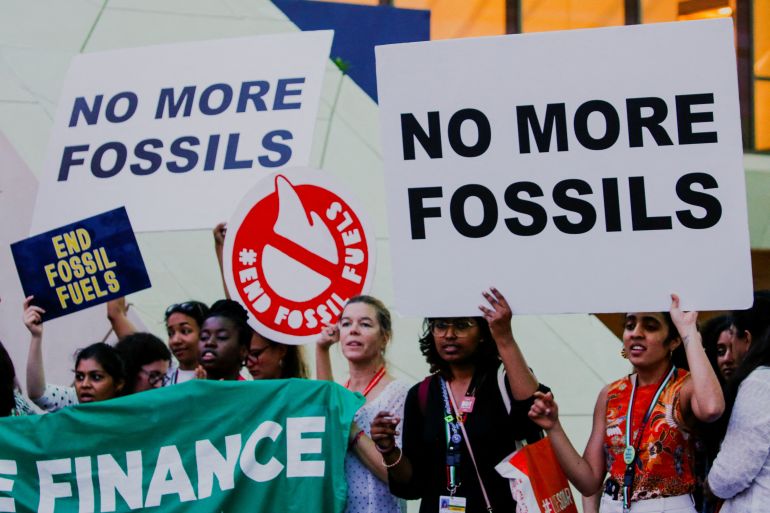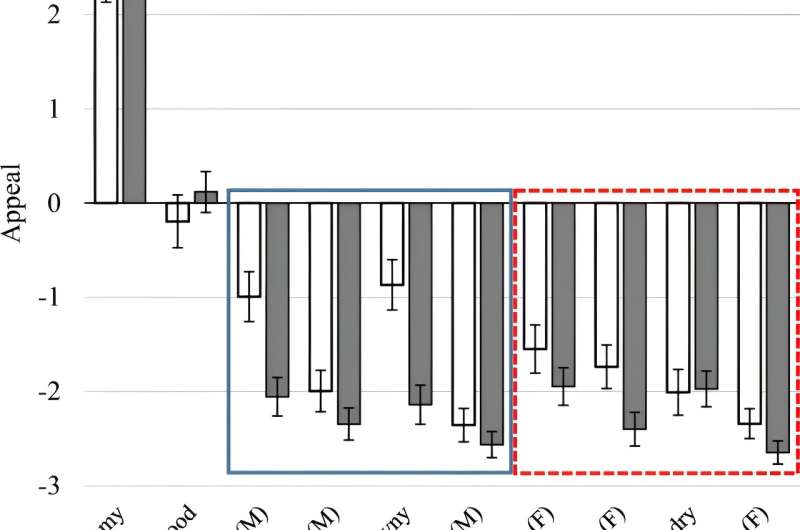The White House has said it is "concerned" about new reports that Israel used US-supplied white phosphorus munitions in an October attack in southern Lebanon.
The incendiary weapon can be used legally on battlefields, but rights groups have been sounding the alarm since early in the Israel-Gaza war of its "unlawful use".
White phosphorus is a toxic chemical that ignites when exposed to the air and is difficult to extinguish.
It sticks to the flesh and can cause serious long-term injuries, which makes its use against civilians or in a civilian setting a violation of the laws of war.
Israel has denied using white phosphorus illegally, but the US says it will be seeking more information after fresh claims emerged linking its use to an attack that injured at least nine civilians.
This is what we know.
What are white phosphorus bombs?
White phosphorus is a colourless or yellowish translucent wax-like substance that smells a bit like garlic.
It is dispersed in artillery shells, bombs and rockets, igniting on contact with oxygen and burning at more than 800 degrees Celsius.
It only stops burning when it is deprived of oxygen, which makes its fire particularly difficult to extinguish.
It is classed as an incendiary weapon that acts mainly through fire and heat.
Sascha Dov Bachmann, a professor of law and security at the University of Canberra, said incendiary weapons such as napalm and white phosphorous were creations of the 20th century.
"If you asked me six years ago, I would have said there should be no room for them anymore," he told the ABC.
"What should have been relegated to history is now very much current again."
White phosphorus munitions have the ability to ignite fast-spreading fires and produce light and thick smoke that can be used for military purposes.
They can be used to make smokescreens, generate illumination, mark targets or burn bunkers and buildings.
They can also interfere with infrared optics and weapon tracking systems, thus protecting military forces from guided weapons such as anti-tank missiles, according to Human Rights Watch (HRW).
In a defensive context, white phosphorus munitions are not considered illegal, Professor Bachmann said.
But any direct targeting of civilians is prohibited and would constitute a war crime.
What harm can they have?
White phosphorus causes deep burns through muscle and down to the bone, and if not all fragments are removed they can reignite when exposed to oxygen, according to HRW.
It can also cause respiratory damage and organ failure, with burns on less than 10 per cent of your body often being fatal.
Professor Bachmann described it as a particularly "nasty weapon of war".
"It does not only render you unable to fight on, it actually aims to destroy you," he said.
"It basically destroys human tissue."
HRW says those who survive their initial injuries often experience a lifetime of suffering.
"Extensive scarring tightens muscle tissue and creates physical disabilities," the group said.
"The trauma of the attack, the painful treatment that follows, and appearance-changing scars lead to psychological harm and social exclusion."
What is Israel accused of?
Reports by Amnesty International and The Washington Post have accused Israel of using white phosphorus supplied by the US in violation of international law.
Amnesty International last month said artillery shells containing white phosphorus were used in military operations along Lebanon's southern border between October 10 and 16, 2023.
It claims that an attack on the town of Dheira on October 16 injured at least nine civilians.
The organisation described the incident as an "indiscriminate attack" that harmed civilians and should be "investigated as a war crime".
The Washington Post conducted its own investigation into the attack, claiming its journalists found remnants of shells fired into Dheira consistent with white phosphorous rounds made in the US in 1989 and 1992.
The reports also included videos and photos of strikes in the area that claim to show smoke plumes "consistent with white phosphorus munitions".
Residents told the Washington Post they had been trapped in their homes for hours after, and suffered respiratory problems for days after, the October 16 attack.
In response to the Washington Post report and earlier claims from Amnesty International, John Kirby, a spokesman for the US National Security Council, said the White House would "be asking questions to try and learn a little bit more".
"We've seen the reports — certainly concerned about that," he said.
White phosphorus does have a "legitimate military utility" when used for illumination and producing smoke to conceal movements, he added.
"Obviously, anytime that we provide items like white phosphorus to another military, it is with a full expectation that it will be used in keeping with those legitimate purposes and in keeping with the law of armed conflict."
Professor Bachmann said the reports still required independent verification and allegations would need to be investigated by the International Criminal Court (ICC).
"When we hear of white phosphorus being used, we have to be suspicious, and really ask the right questions," he said.
Amnesty and HRW have also reported an alleged case of white phosphorus shelling in a populated area of the Gaza Strip during the current Israel-Hamas war but have not verified civilian injuries from it.
What does Israel say?
Israel's military on Monday said it complied with international law and denied using the weapon illegally.
"The IDF and the entire security establishment acts according to international law," Israeli Defense Minister Yoav Gallant said when asked about the recent reports.
"That is how we have acted and how we will act."
Israel maintains it uses the incendiaries only as a smokescreen.
Under Protocol III to the Convention on Conventional Weapons (CCW), air-dropped incendiary munitions are forbidden in populated areas, but ground-fired incendiary weapons are allowed in some circumstances.
Professor Bachmann said this includes defensive purposes for "battlefield elimination".
"If it is used to pierce armour — enemy tanks or assets — it would be direct targeting, but it would not be unlawful because it would target the enemy armour," he said.
In 2013, Israel said it was phasing out white phosphorus smokescreen munitions used during its 2008-2009 offensive in Gaza, which drew war crimes allegations from various rights groups.
The decision came in response to an Israeli High Court of Justice petition about use of the munitions.
Professor Bachmann said it was important to keep the debate open.
"To be fully aware of various capabilities and what could happen if they were used wrongly," he said.










